 |
| The Place Promised In Our Early Days - This Alternate History Anime is a brilliant mixture of science fiction and war. In the alternate universe, the Soviet Union occupies most of Japan, while or heros the daunting task of turning their world away from the chaos that surrounds them. |
Welcome everyone to another post on the Art of Adaptation Series. Today, let's look at the fascinating genre of Alternate History.
What is Alternate History?
...(from Wiki) Often described as fiction wherein the author speculates upon how the course of history might have been altered if a particular historical event had an outcome different from the real-life outcome.
Note 'real life'. Even in the Fantasy genres, alternate history begins with a grain of truth.
Alternate History can fall under genres including SF, Fantasy, Romance, Historical fictioon, and anything from adventure, murder and mystery to space opera, War and True Crime. My examples will include a few different varieties!
Back to the grain of truth.
To create an Alternate History work, you usually start with a 'real-life' event and then take a big 'ol step backward to alter how that event was shaped. Of course, the story will then have to adapt to the changes you envision, becoming something else entirely. Hopeful, it will be provocative, and inspiring... or maybe just haunting. Frightening!
Let's look at some examples:
11.22.63
The premise of 11.22.63 is that the world would be different if Kennedy had not been assassinated. Think of it as a supernatural, time-travel, quasi-historical, philosophical, science-fiction love story.
"We have been given pain to be astounded by joy. We have been given life to deny death. We did not ask for this room or this music.
But because we are here, let us dance."
The Man in the High Castle
What if we hadn't won the war?
It's America in 1962. Slavery is legal once again. The few Jews who still survive hide under assumed names. In this world, we meet characters like Frank Frink, a dealer of counterfeit Americana who is himself hiding his Jewish ancestry; Nobusuke Tagomi, the Japanese trade minister in San Francisco, unsure of his standing within the bureaucracy and Japan's with Germany; and Juliana Frink, Frank's ex-wife, who may be more important than she realizes.
These seemingly disparate characters gradually realize their connections to each other just as they see that something is not quite right about their world. And it seems as though the answers might lie with Hawthorne Abendsen, a mysterious and reclusive author, whose best-selling novel describes a world in which the US won the War...
The Man in the High Castle is Dick at his best, giving readers a harrowing vision of the world that almost was.
"The single most resonant and carefully imagined book of Dick's career."--New York Times
Harlem Rhapsody
What if Britain had stayed?
Kalki Divekar grows up a daughter of Kingston—a city the British built on the ashes of Bombay. The older generation, including her father, have been lost to the brutal hunt for rebels. Young men are drafted to fight wars they will never return from. And the people of her city are more interested in fighting each other than facing their true oppressors.
When tragedy strikes close to home, Kalki and her group of friends begin to play a dangerous game, obtaining jobs working for the British while secretly planning to destroy the empire from the inside out. They found Kingston's new independence movement, knowing one wrong move means certain death. Facing threats from all quarters, Kalki must decide whether it’s more important to be a hero or to survive.
Told as ten moments from Kalki’s life that mirror the Dashavatara, the ten avatars of Vishnu, Ten Incarnations of Rebellion is a sweeping, deeply felt speculative novel of empowerment, friendship, self-determination, and the true meaning of freedom.
Blood and Water
Beneath the waves of San Francisco Bay lives a vampire race that wants nothing to do with the "landers" except to feed on them. But when Stellan sets eyes on Angelina, the Sea King must risk everything to save the Mar tombs, and his ancient race of people...
Do you have a favourite alt-history story? We'd love to hear about it in the comments!
xKim







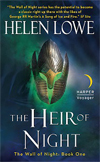
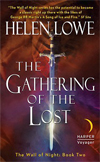
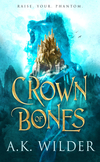
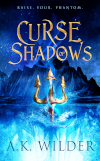
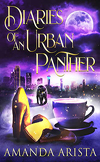
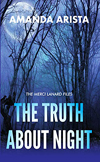

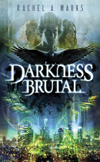
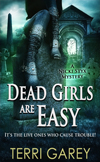
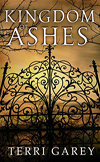
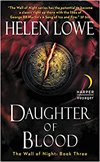
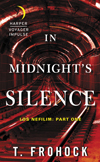
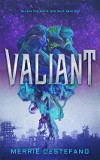
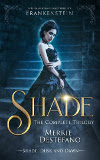

No comments:
Post a Comment